If you click on a link and make a purchase we may receive a small commission. Read our editorial policy.
Creating a universe from scratch: Jonathan Hickman on 3 Worlds / 3 Moons
Jonathan Hickman chats 3 Worlds / 3 Moons and what its like to create a new universe while everyone is watching

Jonathan Hickman is as close to a comics celebrity as you can get, best known for writing superstar titles like Fantastic Four, The Avengers, and most recently a re-brand of the X-Men line. Recently, he's branche out into his own thing-- a Substack project called 3 Worlds / 3 Moons which promises subscribers a peek behind the curtain of the creative process as Hickman and collaborators Mike del Mundo and Mike Huddleston make new comics in a shared universe.
In this interview with Popverse, Hickman explains the thought process behind the 3 Worlds / 3 Moons project, chats about complicated balance of showing too much of the story beforehand (especially considering that showing the behind the scenes stuff is an integral part of the project), and dives into the difficulties of defining success in a new type of endeavor.
Popverse: This is a big question, Jonathan. But, 3 Worlds / 3 Moons. What is it? Is it a studio? Is it a publisher? Is it changing now with all the success?
Jonathan Hickman: Well, I think the best thing to say is that we are a studio. We created an art company where we could do universe building and try a bunch of experiments that excited us (most of us came from pretty corporate comics)— we just get to do the things that we want to do. It's been really invigorating, and it's been a lot of fun, but if I had to describe it as what it is, it's a bunch of guys creating a universe from scratch.
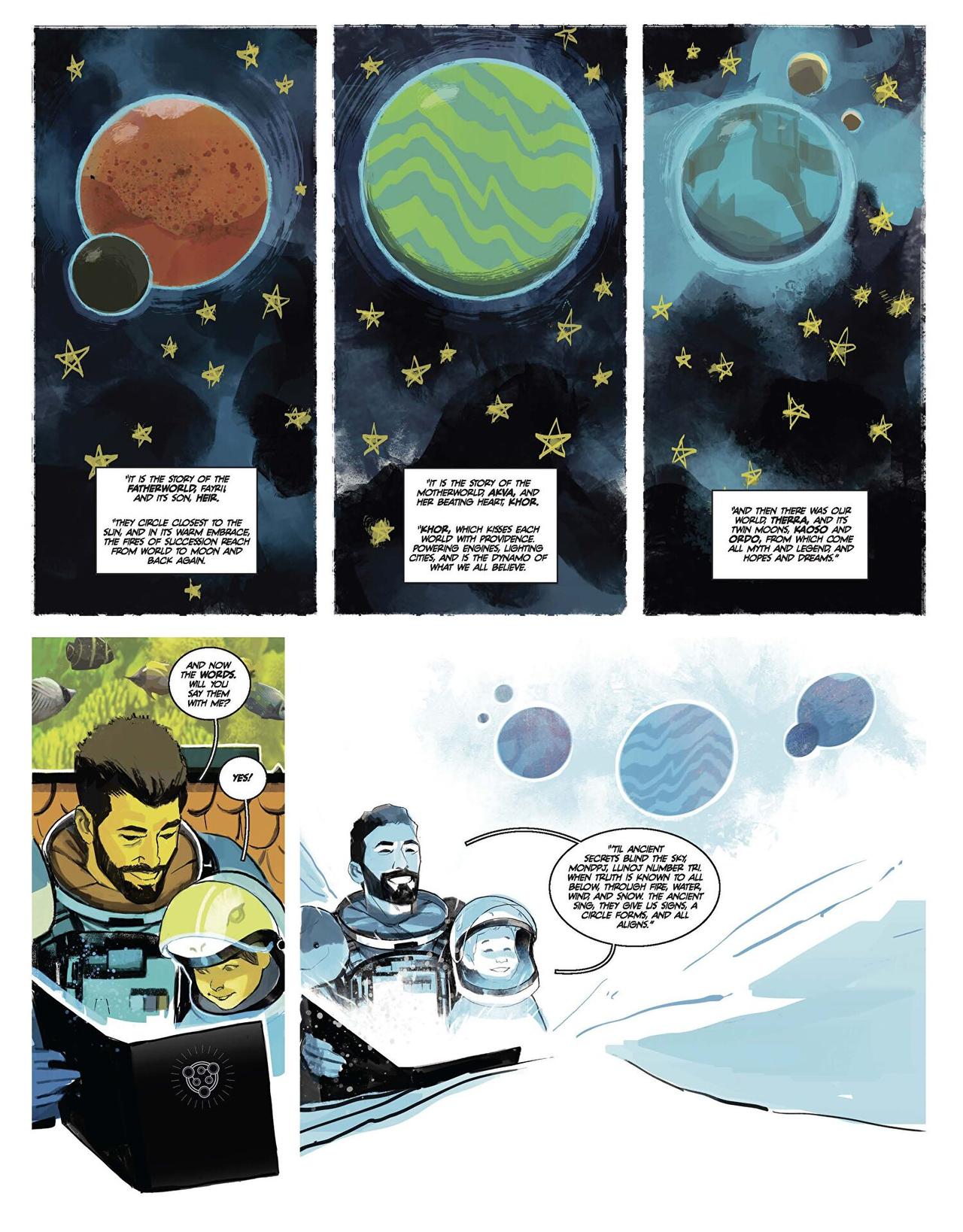
And we're letting everybody watch while we do it.
We don't feel beholden to what the final form is. We're not saying that we're only going to produce books. We would like to do some games and all of that kind of stuff, but the only rule that we have is that it's interesting to us, that it's interesting to the people that subscribe to our site and buy our books.
And then, most importantly, is it different? Is it something that isn't in the market right now? Is it a little bit to the left, a little bit to the right? Is it just off center enough that it seems not like what everybody else is doing?
Are you surprised by the success of the Substack?
Well, I don't know what success means in that format. We are the one that has done the best, but it's weird because obviously I do really big books for Marvel and stuff like that, so gauging those two things as what is successful... because they're successful in completely different ways.
But I think that the most difficult thing about Substack has been [that] it exists outside of the ecosystem of North American comics, so we don't know how people really feel about it. The channels don't exist for us to talk to the customers and the readers and everybody that's partaking of it in the same way that we do whenever we just make a comic book, right? So what's been really interesting is, as we've gone out and conventions have started again, and we've started talking to [people] about it— Like they seem shocked, but I always ask, 'Do you like this? Is this any good? Interesting? Is it shit or are you in?' And the response has been really, really positive.
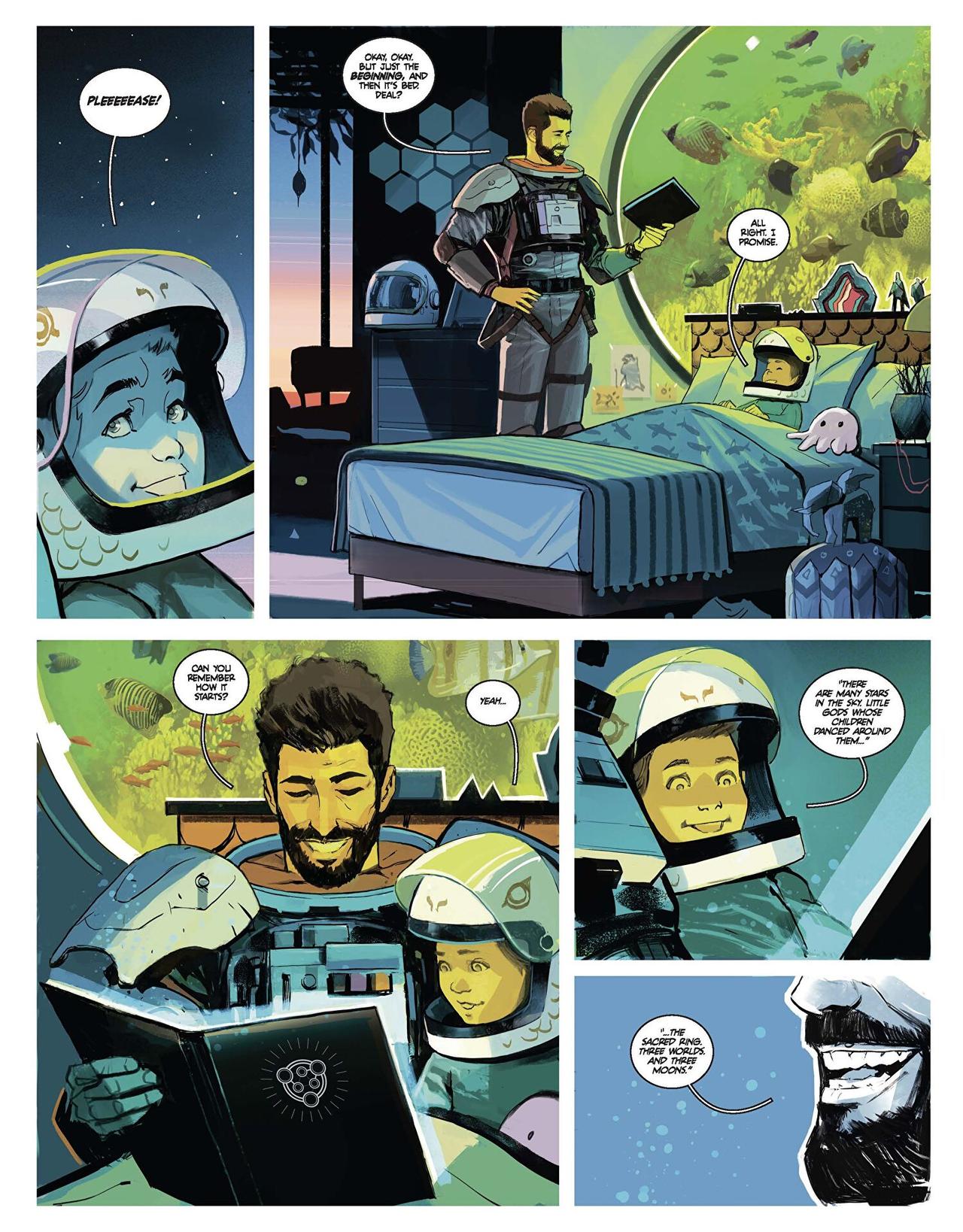
And as we go out, and we're talking to publishers about when they're gonna become books, and we're talking to companies about how we can partner with them and try some gaming stuff and all that, that enthusiasm seems to be matched on that end too.
It's been really cool, but we've gone from not having any idea whether or not it's working outside of some money to feeling really, really invigorated and excited about where we're going.
Speaking of your Marvel work, did you feel Like there was a lot of pressure to do something big and perfect with people following you step-by-step, especially coming off of another hugely high-pressure situation like X-Men?
I don't really feel the pressure of, 'Can I make something that's good?' because I'm a really, really harsh critic of myself. Like, if I can put it out there and not want to kill myself, then it's probably not terrible, right?
So I don't feel that kind of pressure, but the pressure to make it really interesting and different— that part of it is ever present. But I love that kind of pressure! Like that's [an] awesome kind of pressure-- can you execute at a high level?
As you show people your process along the way and you're getting feedback, is that affecting anything that you're working on?
Not really because I've done 15 years in the trenches of fan feedback. So I'm kind of immune to initial impressions. Because the way it works now is that you want to give people something that they weren't expecting at the outset. Then you shape it into a thing that they're more comfortable with, and then you pull the rug out from under them, and you take it in a whole new direction.
There's just a methodology at this point where, when the first part of it comes out, people are gonna be like, 'What is this?' When the second part happens, like, 'Oh, I like this,' and the third part is, 'How could they do that to me?'
It's been going over for so long that I know where I'm going. So it's okay.
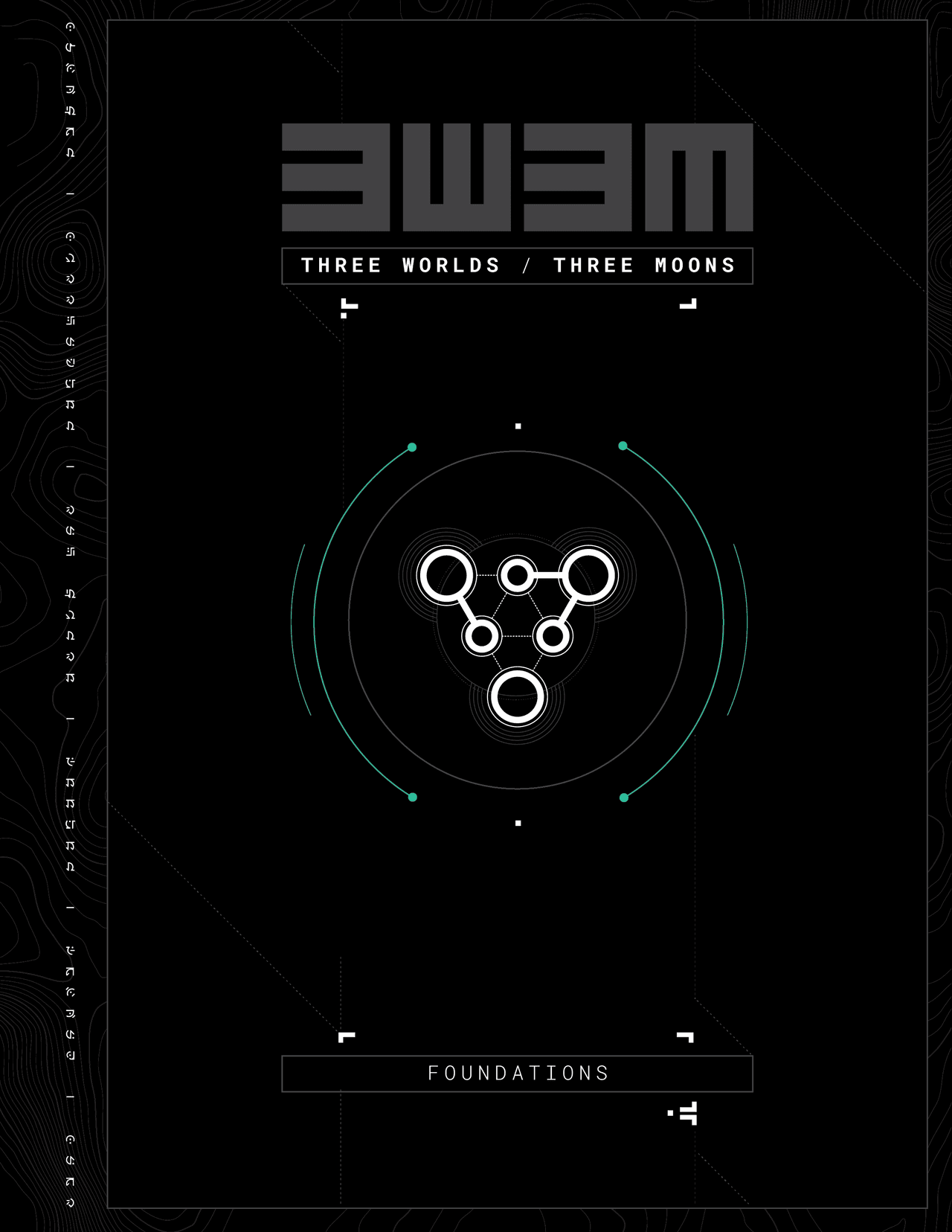
Because the newsletter's all about showcasing your process, I'm assuming that has an effect on the creative process as well because you're creating this extra content. What has that been like?
That's tricky, because we've made this implicit promise of 'You get to see behind the scenes,' but that's not how you tell a story, right? There's got to be a certain amount of ambiguity and keeping things from the audience, even though you're telling the audience all these things.
And when we first started doing it, we were screwing it up all over the place. We would put something out and we'd be like, 'Why did we do that? We just ruined this surprise that normally we would use as an inertia and velocity.'
We had to learn how to do it the right way. We think we've got it figured out now, but we're gonna screw it up again.
But it's an interesting new problem, and that in itself is also very exciting.
Is there anything that you'd like to share about 3 Worlds 3 Moons?
Just that we're doing interesting work, and we're super proud of it. We have a couple of years in front of us of stuff planned that we know we're going to produce, and we know is going to come out. We just finished year one. We're excited about years two and three.
And, you know, we'll see how that goes.
Subscribe to the 3 Worlds / 3 Moons newsletter featuring exclusive content and comics.
Want to learn more about 3 Worlds / 3 Moons? Become a Popverse member and watch this 3 Worlds / 3 Moons panel featuring Jonathan Hickman, Mike del Mundo, and Mike Huddleston.
Follow Popverse for upcoming event coverage and news
Find out how we conduct our review by reading our review policy
Let Popverse be your tour guide through the wilderness of pop culture
Sign in and let us help you find your new favorite thing.


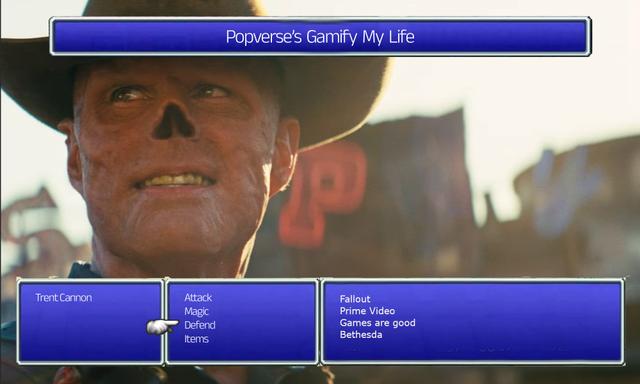
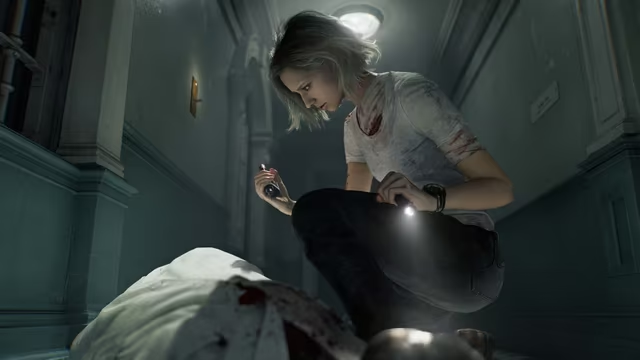
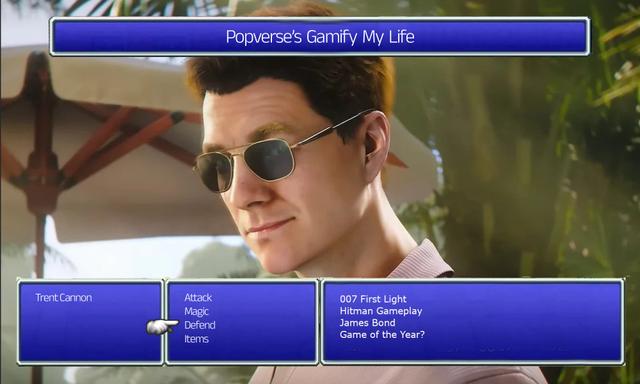











Comments
Want to join the discussion? Please activate your account first.
Visit Reedpop ID if you need to resend the confirmation email.